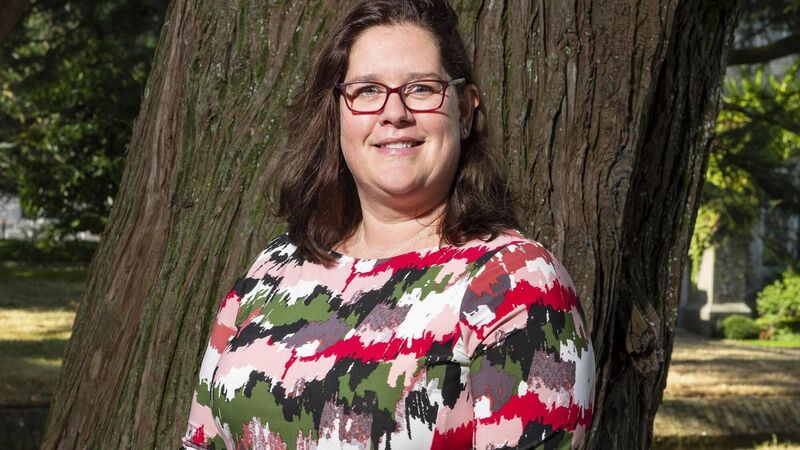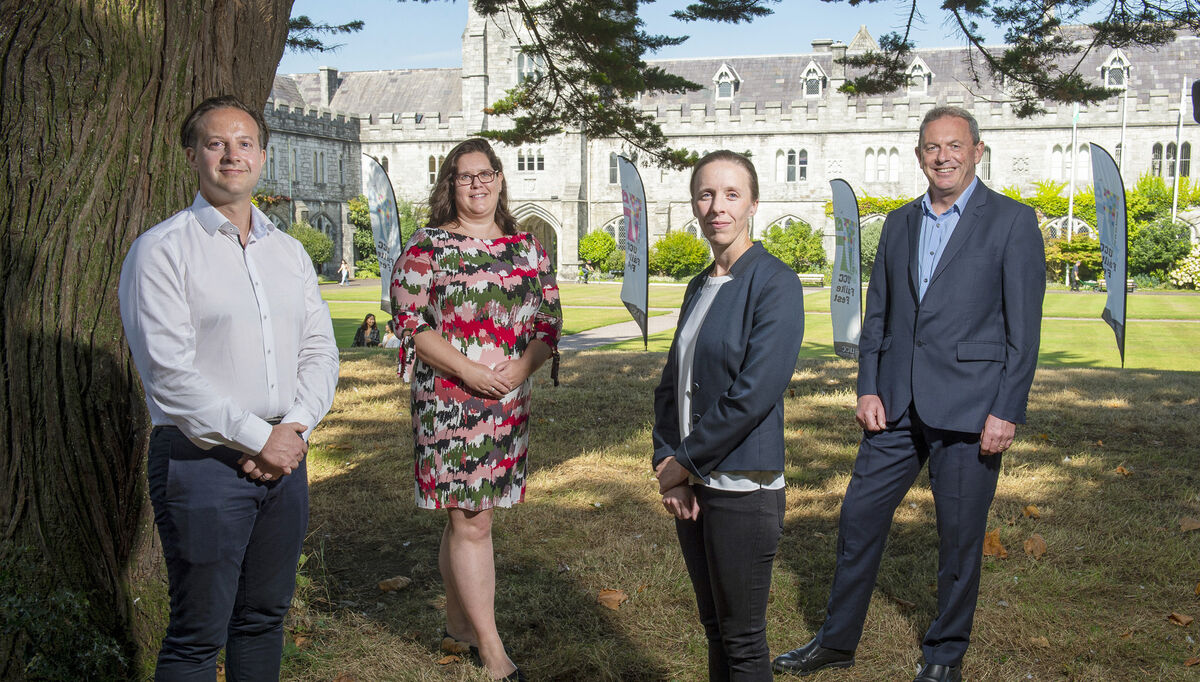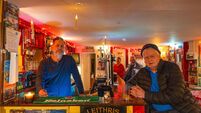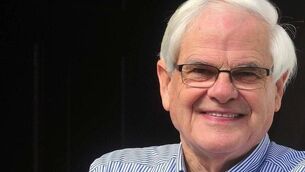Cork woman: I probably had 25 Long Covid symptoms at one point...

Tanja Buwalda, Long COVID sufferer and representative of Long Covid Support Ireland - patient support group. Picture: Gerard McCarthy
AROUND 114,000 people in Ireland have had Long Covid or will experience it in the future – according to research conducted by the Oireachtas.

If you think you may have Long Covid and would like some support, look for the Long Covid Ireland Support Group on Facebook.










 App?
App?


